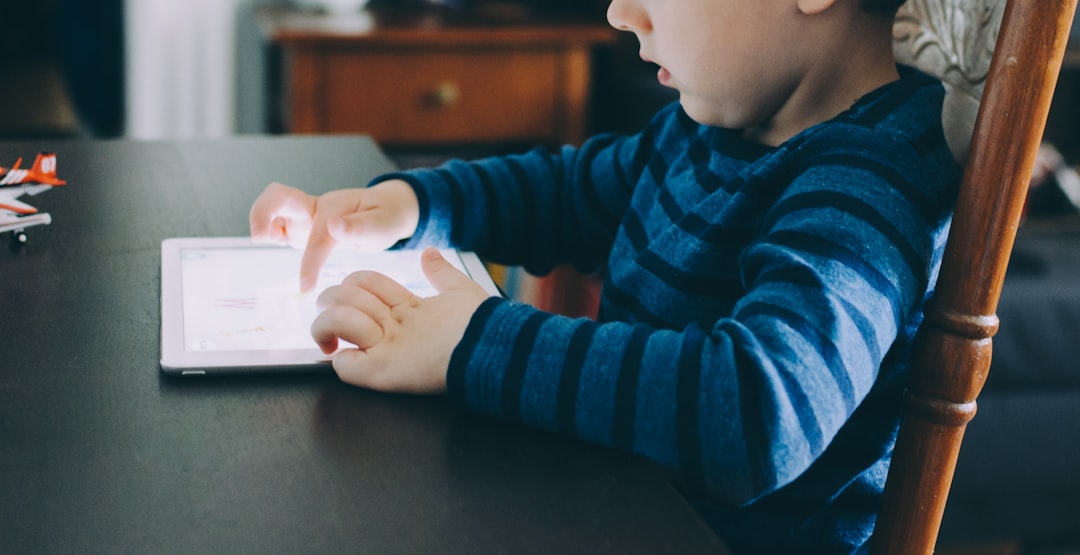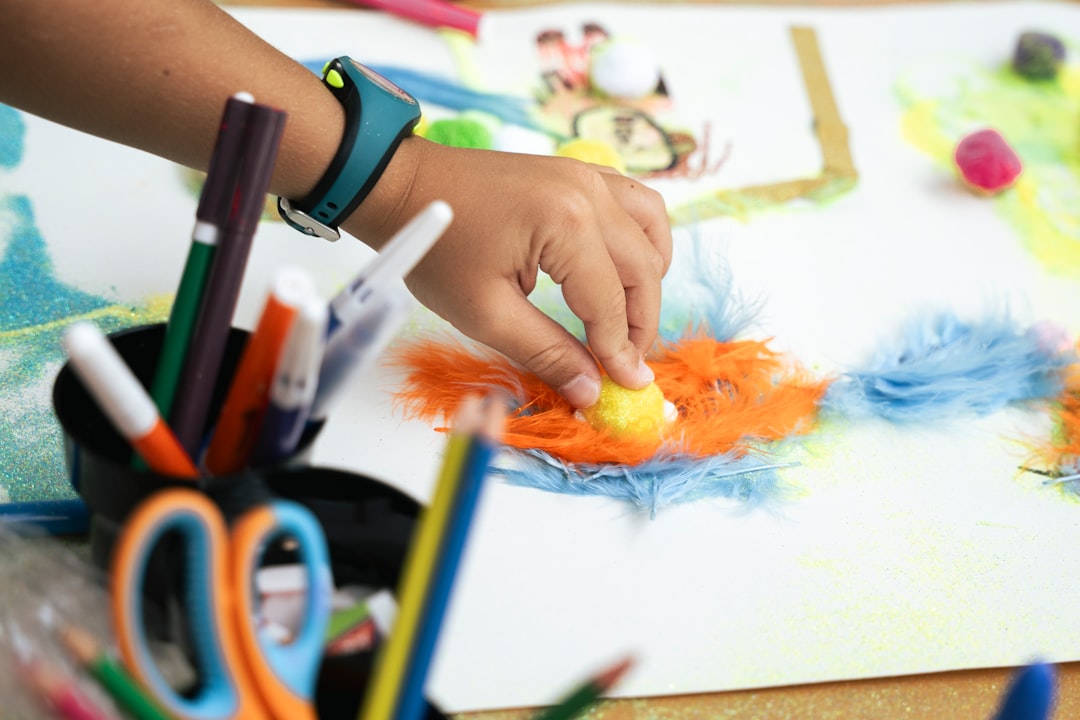The journey of parenting intertwines deeply with the educational approaches we select for our children. Each child possesses a unique set of abilities, preferences, and challenges, making the art of parenting and education a highly personalized experience. This article delves into the nuanced world of parenting and educational styles, exploring how tailored approaches can significantly enhance a child’s development and success in life.
Understanding Child-Centric Education
In the landscape of education, a child-centric approach places the individual learning styles and needs of the child at the forefront of the educational process. This methodology isn’t just about allowing students to choose their learning paths but involves educators and parents adapting instructional techniques to fit the child’s developmental stage, interests, and strengths. Such an approach not only boosts engagement but also fosters a deeper, intrinsic love for learning.
The Role of Authoritative Parenting
Authoritative parenting strikes a balance between permissiveness and control, providing a nurturing environment while setting clear boundaries. Research consistently shows that children raised by authoritative parents tend to exhibit better social skills, higher self-esteem, and improved academic performance. This style of parenting involves open communication and reasoned discipline that supports rather than punishes, equipping children with the skills to manage themselves and their emotions effectively.
Embracing the Montessori Method
The Montessori method is a revolutionary educational approach that emphasizes hands-on, independent learning within a prepared environment. This method encourages a sense of discovery and curiosity, allowing children to develop at their own pace in a supportive setting. The role of the parent in a Montessori system is less about direct teaching and more about being a guide who provides the tools and environment necessary for natural growth to occur.
The Impact of Digital Age Learning
In an era dominated by digital technology, integrating digital tools into a child’s learning environment can offer new pathways for engagement and education. From interactive apps to educational videos, digital resources can complement traditional learning methods and cater to diverse learning styles. However, it’s crucial for parents to monitor and balance screen time to prevent overreliance on digital devices, ensuring a healthy mix of digital and real-world learning experiences.
Cultivating Emotional Intelligence
Emotional intelligence (EQ) is as crucial as intellectual ability (IQ) in ensuring a child’s success in all spheres of life. Parenting and education styles that focus on developing EQ can lead to children who are more empathetic, better at managing conflicts, and capable of making thoughtful decisions. Techniques such as open emotional expression, teaching mindfulness, and modeling effective communication can foster high emotional intelligence from a young age.
Each child is a unique individual with distinct needs, strengths, and potential. As parents and educators, adapting our approaches to meet these personal attributes can make all the difference. By embracing a blend of these diverse parenting and educational methods, we can provide our children with the tools they need to thrive both academically and personally in a rapidly changing world.




